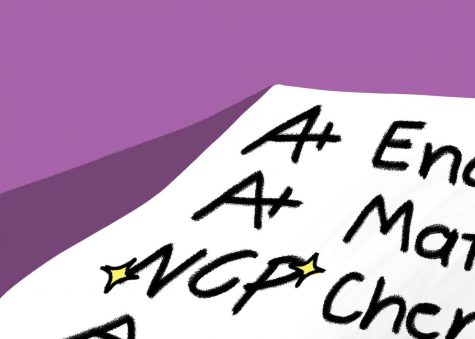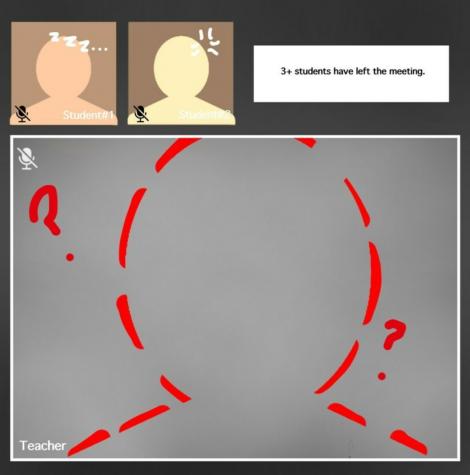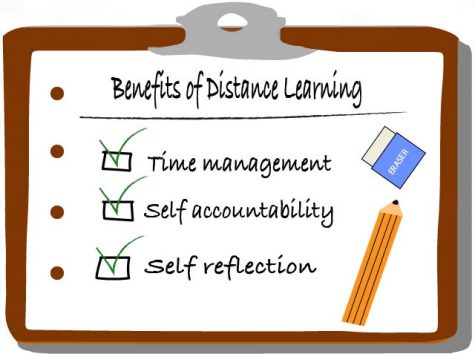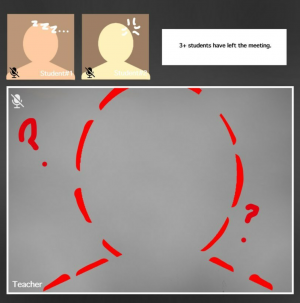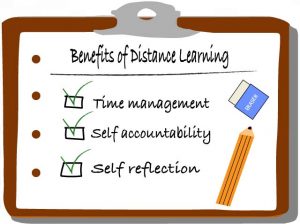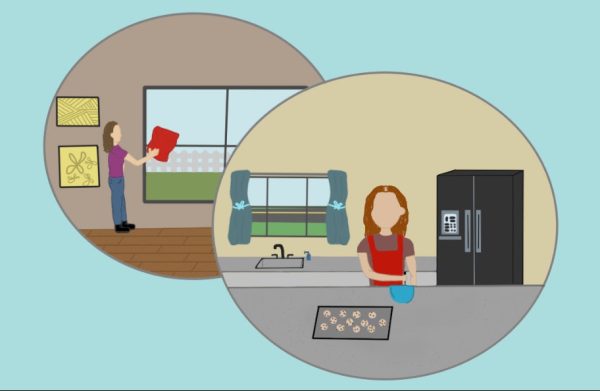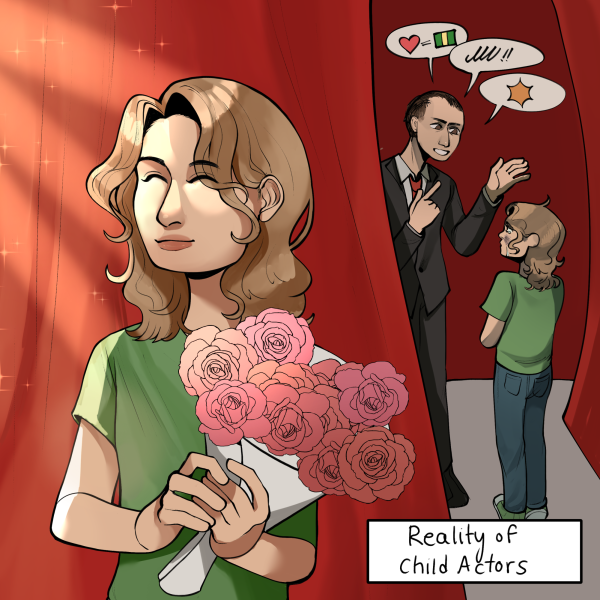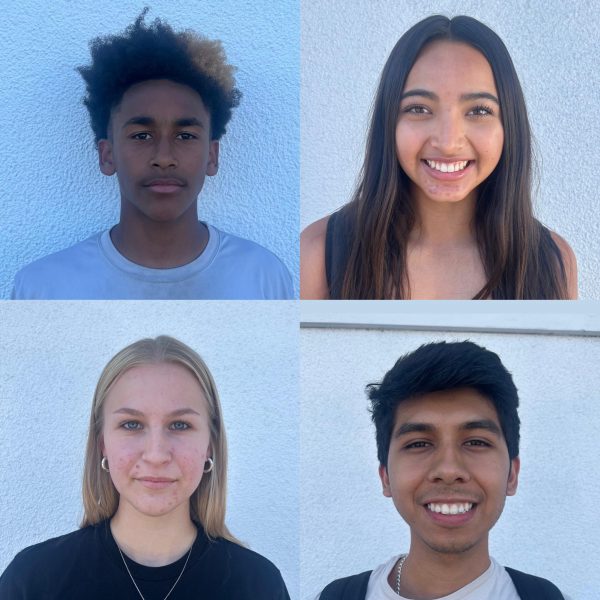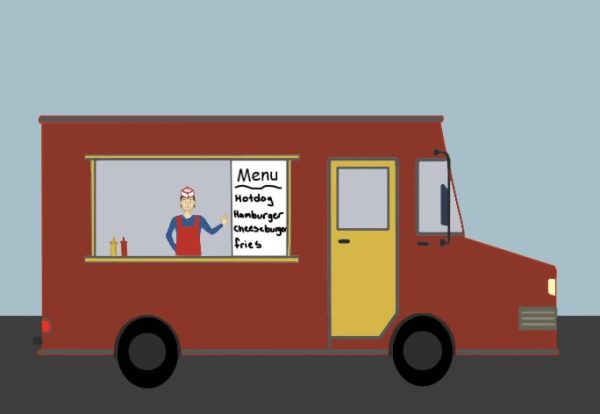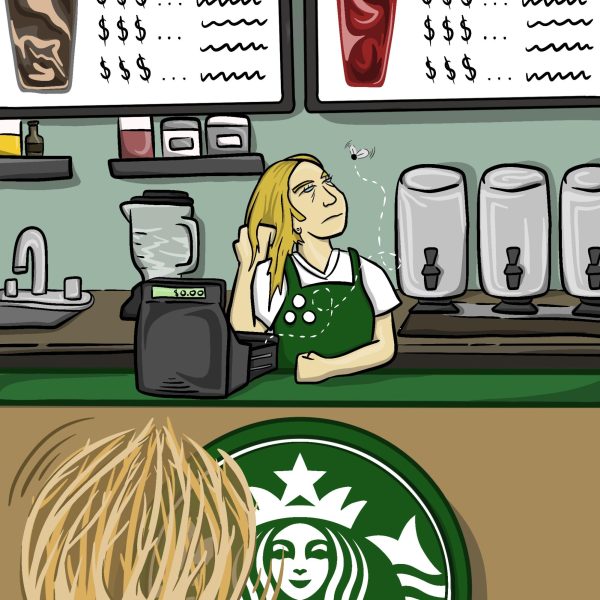Difficult times call for flexible measures
Teachers should give students credit for late work during distance learning
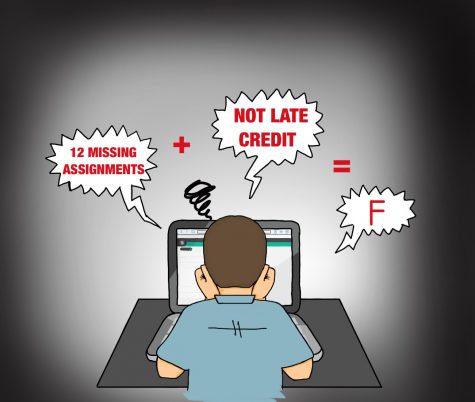
Some may find it hard to believe that California has been dealing with the effects of COVID-19 for just under a year, but it is the truth, and teenagers have been hit especially hard. With so much extra stress and worries in teenagers’ lives, both in and out of class, teachers can and should help students by allowing them to turn in work late with no penalty.
According to Bonita Vista High (BVH) College Prep Physics, Advanced Placement (AP) Physics One, AP Physics Two and AP Physics C teacher Elan Hiller, allowing students to turn work in late with no penalties is reasonable because COVID-19 has made school more challenging.
“It is not just about learning the curriculum your teachers are trying to share with you. It is also about dealing with the barriers that come with distance learning: inadequate at-home internet, multiple siblings using one device, family members quarantining with COVID and, in a worst-case scenario, losing a loved one to this pandemic,” Hiller said.
According to data presented at the Sweetwater Union High School District (SUHSD) board meeting held on Nov. 24, 2020, D’s and F’s represented 28 percent of SUHSD’s high school grades and 32 percent of its middle school grades. This is important to consider because just a year ago, D’s and F’s only represented 20 percent of high school grades and 19 percent of middle school grades.
To put this into perspective, SUHSD’s percentage of D’s and F’s in high schools increased by eight percent, and their percentage of D’s and F’s across middle schools went up by 13 percent during distance learning.
Taking these high failing rates into consideration, teachers should not worsen the problem by refusing to accept late work from their students.
Never before have students had to deal with such a large amount of distractions during a school day.
— Madelyn Omelina
According to the San Diego Union-Tribune, “Grading students based on behavior factors, such as whether a student turns work in late or is tardy to Zoom class, may end up punishing students who lack reliable technology or internet or who have more distractions at home that make it harder to comply.”
Teachers should not penalize students when they are unable to give attention to their schoolwork and miss a deadline. Instead, teachers should allow students to turn in their work late with no automatic deduction of points—similar to Hiller’s policy.
Never before have students had to deal with such a large amount of distractions during a school day. When students went to school in person, they only had to worry about themselves; however, many students now have to take care of their younger siblings, which includes everything from helping them with their school work to making sure they eat. Furthermore, if students were physically at school, there would be occasional distractions like loud tools or equipment, but now students may experience these distractions for their entire day, as well as dogs barking or cars driving by.
Not only do students face several distractions that are out of their control, but they also lack motivation to complete them. Even though there are different forms of motivation for students, many were connected to in person learning. With students no longer attending school through their campuses, much of the motivation has been lost. The combination of distractions and the loss of motivation results in more students needing to turn in their work late.
One of the reasons teachers do not allow full credit for work turned in late is that it could influence students to continue bad habits like laziness. As human beings, teachers want to avoid extra stress, which can come from many students turning in the work at the last minute.
These reasons that teachers give are very understandable; however, they do not outweigh the enormous variations between students’ lives. Even though some students may make the latter reasons against allowing full credit for late work true, teachers’ jobs are to prepare all students for being adults and give them the most knowledge.
Teachers need to allow students to turn in work late because in the midst of distance learning and a pandemic, it is the best way to equalize opportunities.

I am currently a junior and this is my second year on the Crusaders staff. After being a Staff Writer for a year I found joy in sharing others’ stories,...
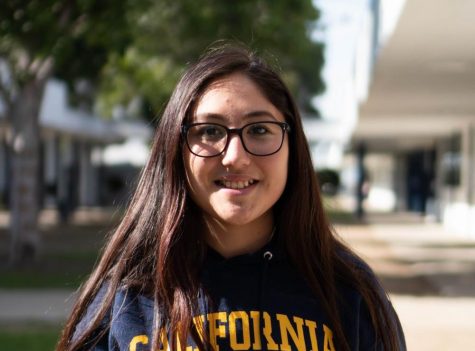
Hi! I’m a junior at BVH and this is my second year on the Crusader staff. My position this year is staff artist, which means I get to make graphics and...

